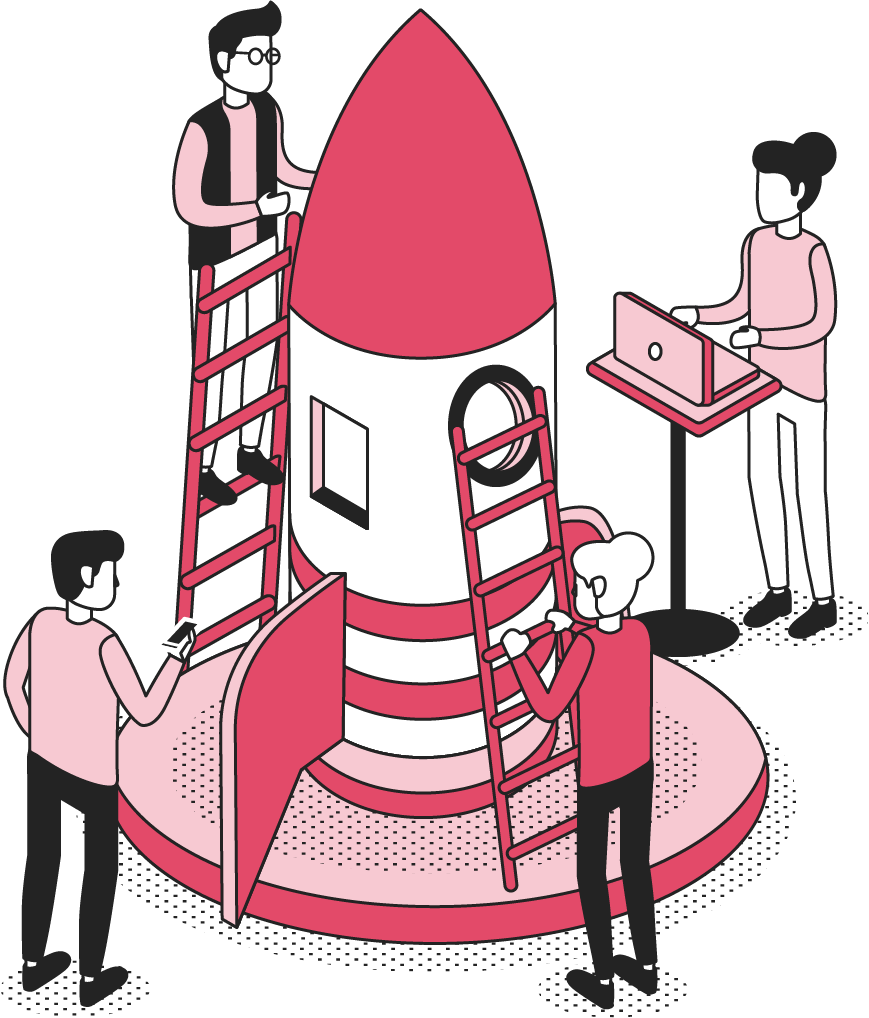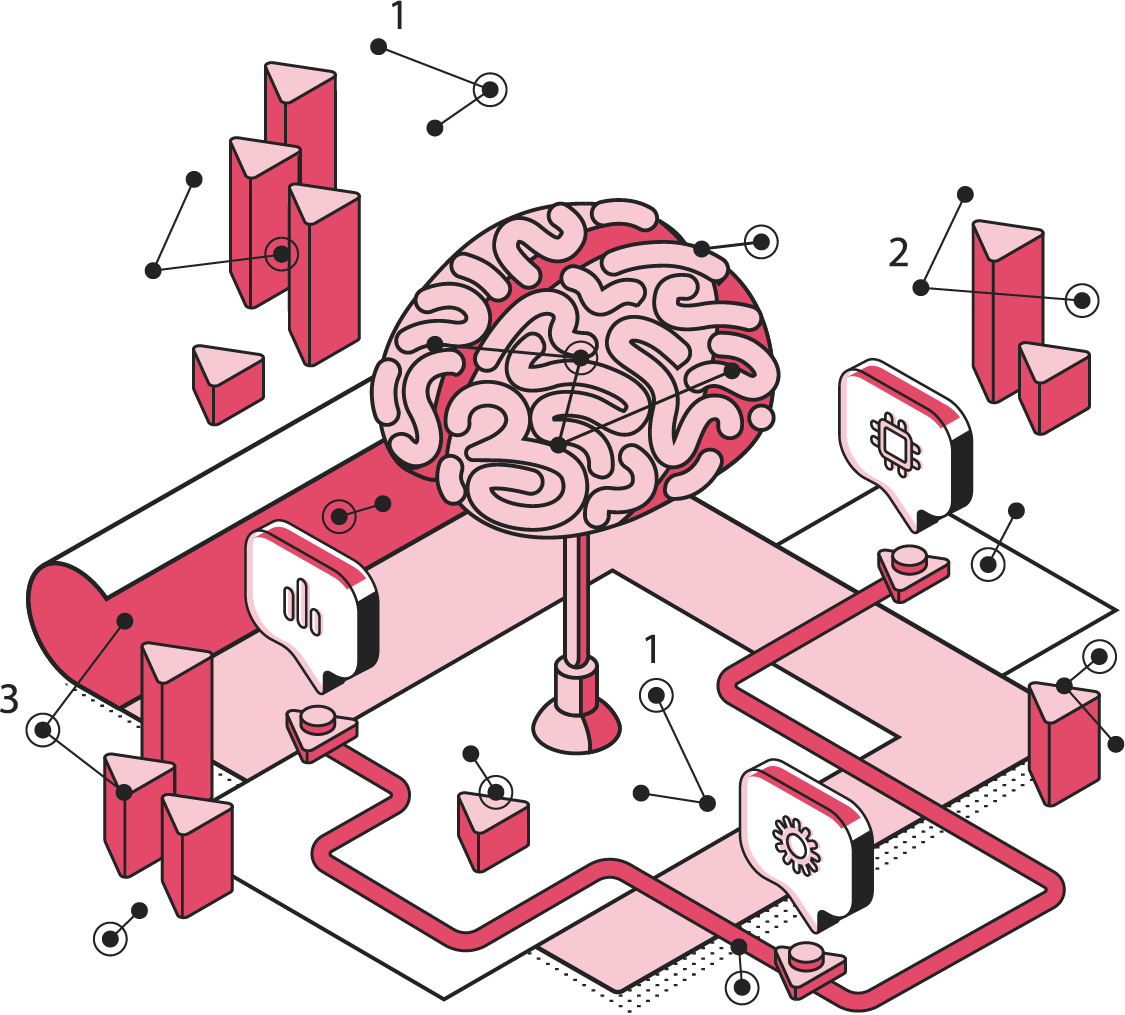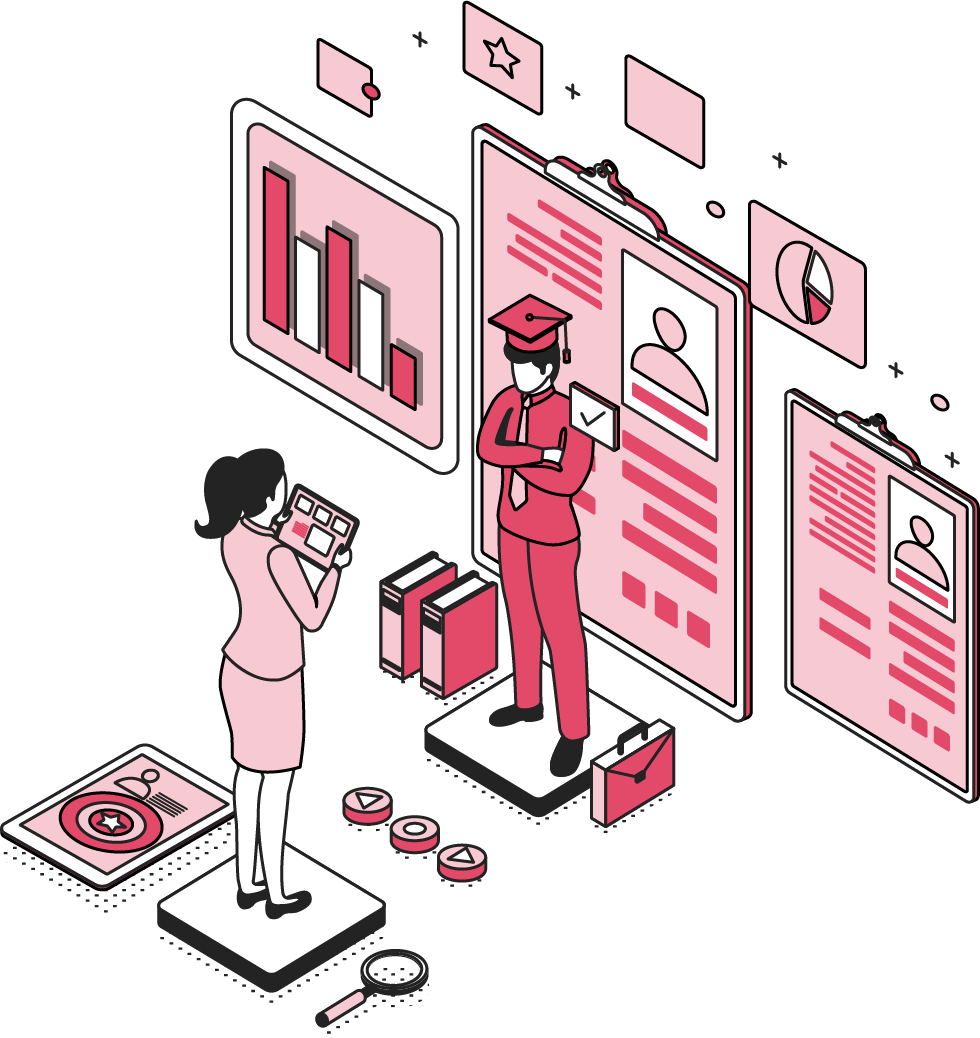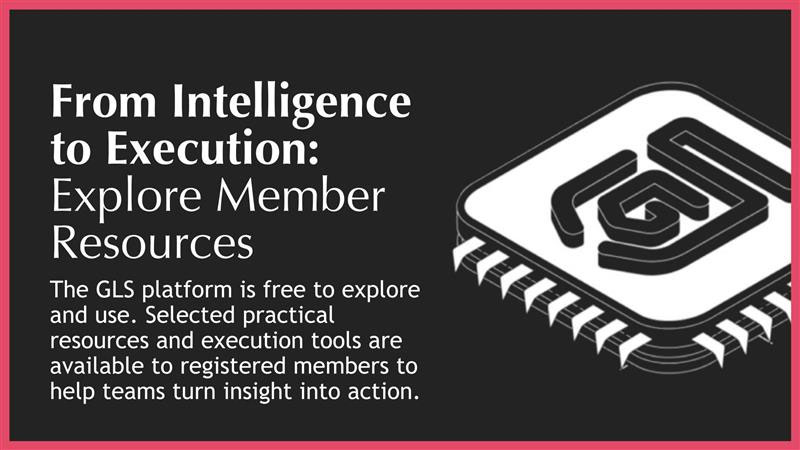The GLS Legal Operations Centre
Intelligence, resources and execution support
Transformation Tube Map
Knowledge Centre
Legal Dept.
Resources
Managed Legal Services
Members
Resources
Legal Ops
Community
Back
Group Legal Policy
What Is It
The Group Legal Policy (GLP), once fully developed, becomes the master framework that governs how legal services are delivered across an organisation. It defines the legal department’s operational boundaries in terms of legal and compliance positions that must be achieved, and in so doing, aligns legal support with business objectives.
In essence, the GLP is the source code for legal department function / legal operations. It provides clarity on what the legal team is responsible for, how decisions are made, and what standards must be upheld. Without it, legal teams operate in ambiguity, and managed legal services (MLS) providers lack the framework needed to deliver aligned outcomes.
For legal departments considering MLS deployment, the GLP is indispensable. It defines the “safe zone” within which Critical Resource Enablers (CREs) must operate. These CREs - whether human, tech, or process-based - are calibrated to deliver outcomes that land within the GLP’s defined parameters. Without it, MLS deployment risks misalignment, inefficiency, and increased exposure.
GLS takes this further. We use the GLP not just to guide service delivery, but to transform it. By anchoring all legal activity to a clearly defined policy, we enable scalable delegation, targeted resource allocation, and measurable performance - all while enhancing the legal department’s strategic value to the business.
Scope
The scope of the Group Legal Policy typically includes:
◼️Legal Service Delivery Principles: Defines how legal support is provided, including responsiveness, quality standards, and engagement protocols.
◼️Business Risk Alignment: Articulates the organisation’s legal risk appetite and how legal services must align with it.
◼️Core Legal Functions: Identifies the key areas of legal support (e.g., contracting, compliance, disputes) and their operational boundaries.
◼️Escalation & Approval Protocols: Specifies when and how legal matters must be escalated, and who holds decision-making authority.
◼️External Engagement Guidelines: Outlines when and how external legal providers (including MLS vendors) may be engaged.
◼️Documentation & Record-Keeping Standards: Sets expectations for legal documentation, version control, and audit trails.
◼️Integration with Business Policies: Ensures alignment with broader corporate governance frameworks (e.g., procurement, finance, compliance).
◼️Training & Onboarding Materials: Provides resources to ensure internal and external legal resources understand and apply the GLP consistently.
Resource Status
The Group Legal Policy station is considered a Foundational and Repeater resource within the GLS Legal Operations model.
A Foundational Resource: Is responsible for determining the overall performance capabilities of a “critical” legal function. If it is not optimised, the function can never be optimised.
A Repeater Resource: Supports the performance of multiple "critical" legal functions and as such represents a "ripple effect" productivity intervention point.
A Specialist Resource: Is responsible for driving the performance of a very specific part of an individual legal function. Its productivity contribution is limited to that single legal function.
Best Practice Features
The best practice features of the GLP are as follows:
◼️Board-Endorsed Framework: Ensures top-level alignment and legitimacy across the organisation.
◼️Clear Legal Objectives: Articulates what the legal team is expected to achieve and how success is measured.
◼️Defined Service Boundaries: Clarifies what legal support is in-scope and what falls outside the legal team’s remit.
◼️Escalation Clarity: Provides unambiguous guidance on when and how to escalate legal issues.
◼️MLS Integration Ready: Designed to support seamless onboarding and operation of managed legal services.
◼️Accessible Format: Written in plain language to ensure usability across business functions.
◼️Review & Update Cycle: Includes a governance mechanism for periodic review and refinement.
◼️Embedded Training Tools: Supports consistent application through onboarding materials and internal training.
Business Value
The Group Legal Policy Station delivers the following value to the Business:
◼️Faster Decision-Making: Clear boundaries and escalation paths reduce delays and confusion.
◼️Reduced Legal Risk: Consistent service delivery aligned with business risk appetite lowers exposure.
◼️Improved Cost Efficiency: Enables targeted use of internal and external resources, including MLS providers.
◼️Accelerated Deal Execution: Pre-agreed legal positions streamline negotiations and approvals.
◼️Enhanced Business Confidence: Stakeholders know what to expect from legal and how to engage effectively.
◼️Scalable Legal Support: Facilitates delegation and automation without compromising quality.
◼️Better Vendor Management: Provides a framework for evaluating and managing external legal providers.
◼️Strategic Legal Alignment: Ensures legal activity supports broader business goals and priorities.
Legal Department Value
The optimisation of this Station will build value in the legal department in the following ways:
◼️Operational Clarity: Legal teams know exactly what they’re responsible for and how to deliver it.
◼️Delegation Confidence: Enables safe and effective use of MLS providers and other external resources.
◼️Performance Consistency: Reduces variability in legal service delivery across the organisation.
◼️Reduced Internal Friction: Minimises disputes over scope, authority, and decision-making.
◼️Improved Stakeholder Relationships: Business units engage legal with greater understanding and trust.
◼️Defensible Decision-Making: Provides a documented rationale for legal positions and actions.
◼️Transformation Readiness: Creates the foundation for legal process improvement and tech adoption.
◼️Team Alignment: Ensures all legal resources - internal and external - are working toward the same goals.
Who Needs It
The Group Legal Policy Station is essential for:
◼️Legal departments seeking to implement managed legal services
◼️Teams undergoing legal transformation or restructuring
◼️Legal operations professionals designing scalable service models
◼️GCs and Heads of Legal aligning legal support with business strategy
Productivity Consequences
A legal team operating without a Group Legal Policy will face a wide range of inefficiencies including:
◼️Inconsistent Service Delivery: Legal support varies across teams and regions, creating confusion.
◼️Increased Legal Risk: Decisions are made without a clear framework, increasing exposure.
◼️Poor MLS Integration: External providers lack guidance, leading to misaligned outcomes.
◼️Slower Deal Execution: Unclear approval paths and legal positions delay transactions.
◼️Higher Legal Spend: Resources are used inefficiently due to lack of prioritisation.
◼️Stakeholder Frustration: Business units struggle to engage legal effectively.
◼️Transformation Barriers: Process improvement and tech adoption are hindered by lack of clarity.
◼️Reduced Team Morale: Legal professionals operate in ambiguity, leading to stress and disengagement.
Tech Implication
While the GLP is not a technology product, it has a significant tech profile:
◼️Tech Enablement: Defines the parameters within which legal tech tools must operate.
◼️MLS Platform Integration: Ensures managed service platforms align with legal governance.
◼️Automation Readiness: Provides the rules needed to automate routine legal tasks.
◼️Data Governance: Supports consistent documentation and record-keeping across systems.
◼️Legal Ops Stack Alignment: Ensures tech investments support strategic legal objectives.
◼️Training & Onboarding Tools: Can be embedded into LMS platforms for scalable training.
◼️Template Standardisation: Enables consistent use of contract and document automation tools.
◼️Performance Analytics: Provides the baseline for measuring legal tech ROI and impact.
What Next?
Full details of our core managed legal services offering can be found here in our detailed GLS Managed Legal Service Overview offering overview.
If you would like us to scope the potential for your legal team to implement a managed legal service for contracting support - please feel free to utilise our online managed legal service diagnostic tool.
By answering some basic needs criteria we can give you a view of whether such a solution might make sense.
Feel free to explore each of the critical resource enablers that are comprised of an optimally performing Managed Legal Services Line by clicking on the interactive map at the top of the page.
Visit each Station for in-depth analysis of what it takes to make this in-house function really perform. Or you can go back to the overall GLS Legal Transformation Tube Map.
In most cases, the GLS Legal Operations Centre contains everything you need to effectively optimise your Managed Legal Services Line yourself – or feel free to reach out to us – and we can do it for/with you.
Feel free to contact GLS to book a consult to discuss your Managed Legal Services Line optimisation needs right here.

The GLS Legal Operations Centre
Register to access your complimentary Day 1 Resource Stack packed with legal team performance resources.

GLS Ultimate Guide To Legal Operations
Download this and read it thoroughly and regularly. It is a wonderful transformation companion.

Book A No-Obligation Consultation
If you would like discuss your legal transformation needs, please book a 30 minute free consultation with us.

GLS Legal Transformation Boot Camp
Our hugely successful, 10-week long, email-based boot camp on how to effectively transform your legal team.




